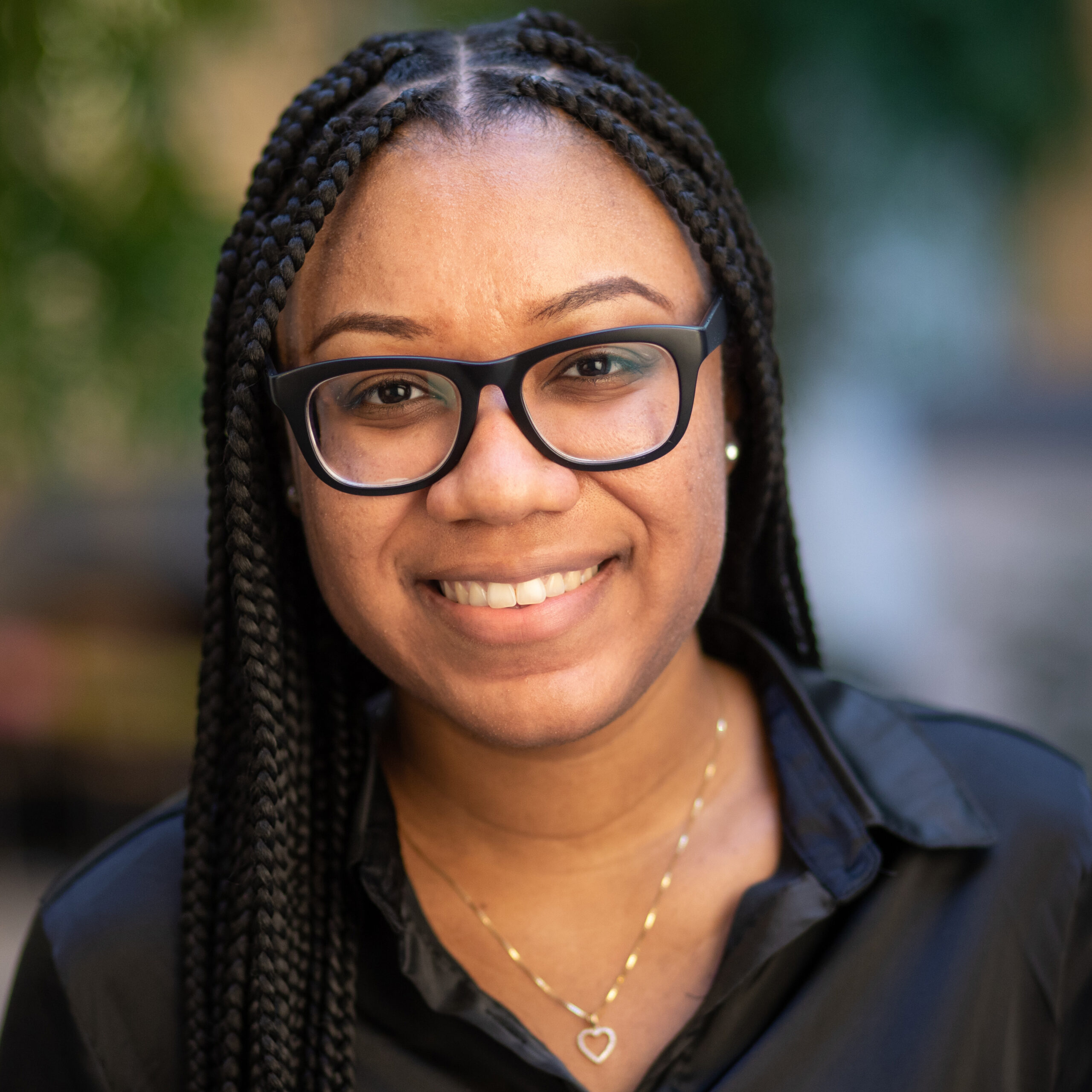Thank you for your interest in the Johns Hopkins Catalyst Awards. These grant awards of up to $100,000 support the promising research and creative endeavors of our early career faculty with the goal of launching them on a path to a sustainable and rewarding academic career. We encourage applicants to propose a project that will help solidify their rising position within their field.
Click here to submit your application via InfoReady. The deadline to apply is February 15, 2026.
Eligibility:
Applications from early-career faculty in any academic or professional discipline at the university are encouraged to apply.
The term “early-career” is defined as any full-time tenure-track faculty member who was first appointed to a full-time, tenure track faculty position at any institution within no less than three (3) years and no more than ten (10) years as of July 1 of the deadline year.
Eligible 2026 applicants were appointed to their first full-time, tenure track faculty position between July 1, 2016 and June 30, 2023.
If your appointment started between July 1, 2023 and June 30, 2024, you will be eligible for the 2027 awards cycle.
Non-tenure-track Research Associates and Research Scientists at the School of Medicine (SOM), Bloomberg School of Public Health (BSPH), the Whiting School of Engineering (WSE), and the Krieger School of Arts and Sciences (KSAS) are not eligible for the Catalyst Award but are encouraged to consider applying for the Discovery Award.
Only one application per person, per year. Approximately 20 Catalyst Awards will be granted. Successful applicants will not be eligible for subsequent Catalyst Awards.
Funding:
Faculty may request up to $100,000, with an award term of one to two years. Support may be used for PI salary, to hire graduate students, postdoctoral fellows or technicians, equipment, travel, and/or consumables. Applicants must describe a credible plan to make substantial progress toward their aims with one year of funding. Include fringe on all salary funding requests. We highly recommend that your departmental administrator review your budget for accuracy. 2026 awards will be announced in June 2026 and award funding will start on 7/1/2026.
Guidelines:
Applications will consist of five elements:
1. Title of your submission: please use the title of your proposed work.
2. A proposal, which should include two sections that succinctly describe: (A) The research or creative work you intend to pursue during the year of funding, and the ways in which the work described is original or creative and will shape the future of your discipline(s) or field(s) of study; and (B) the expected outcomes of the proposed work beyond the initial funded phase, including what future work would be enabled, and how the funding and the work it will catalyze will fit into your long-term professional goals. The proposal should be no more than two pages, not including references. Please use 12-point font and margins no smaller than 1/2 inch.
3. A budget that briefly describes how the funding will be apportioned for personnel, supplies, and/or equipment. Any budget amount up to $100,000 can be proposed. No indirect costs should be included in the budget.
4. A current CV or biosketch. If relevant, please include all current and pending support from sponsored and non-sponsored sources.
5. Up to five keywords to aid in reviewer assignment.
Letters of support will not be accepted to keep the review process fair and brief.
Review Criteria:
A distinguished panel of JHU faculty will review proposals on the following criteria:
1. Academic potential of the applicant
2. Creativity and originality of the project
3. Academic impact of the work
Post–Award Requirements:
Recipients will be part of a cohort and offered mentoring opportunities. In addition, there will be workshops and other training events throughout the year targeted to this cohort of awardees.
Recipients must submit yearly progress reports during and at the conclusion of their award term. Failure to submit requested documentation in a timely manner may jeopardize eligibility for future funding opportunities. This report should include completed work, reports of invention, and any external funding applications/awards obtained through this funding. Recipients may also be asked to present their work at a Provost Research Symposium.




